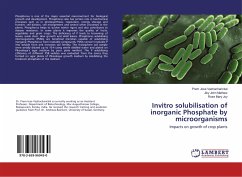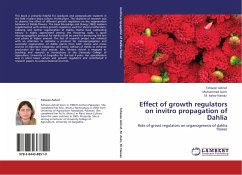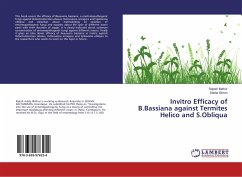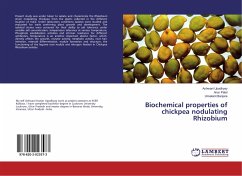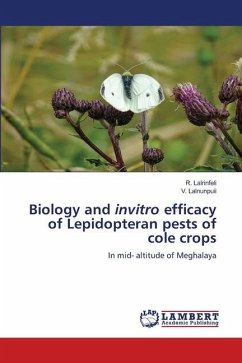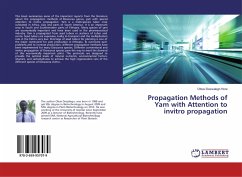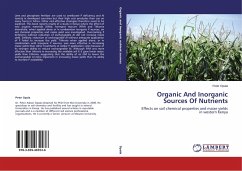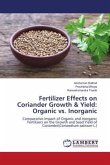Phosphorus is one of the major essential macronutrient for biological growth and development. Phosphorus also has certain role in biochemical processes such as in photosynthesis, respiration, energy storage and transfer, cell division, cell enlargement and several other processes in the plants. Phosphorus helps to survive winter rigors and also contributes to disease resistance. In some plants it improves the quality of fruits, vegetables and grain crops. The deficiency of P leads to browning of leaves, weak stem, slow growth and small leaves. Phosphorus solubilising microorganisms (PSMs) are beneficial microbes capable of solubilising inorganic Phosphorus from insoluble compounds. PSMs convert insoluble P into soluble form and increases soil fertility. The rhizosphere soil sample were serially diluted up to 10-4 using sterile distilled water and plated on Pikovskaya's agar medium by pour plate method. The P solubilising efficiency of different PSB isolates was evaluated from thezones they formed on agar plates of Pikovskaya growth medium by solubilising the tricalcium phosphate of the medium.

